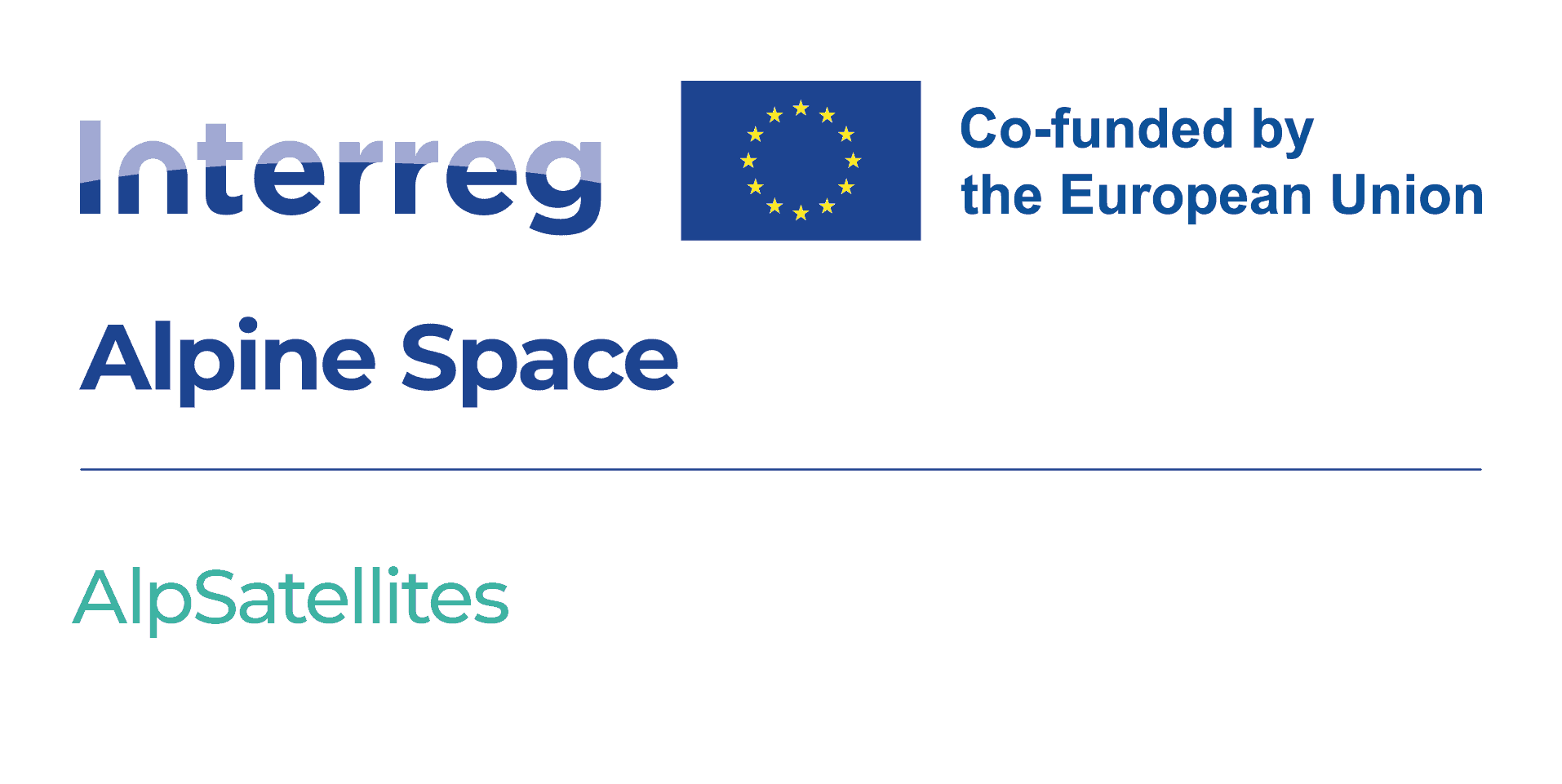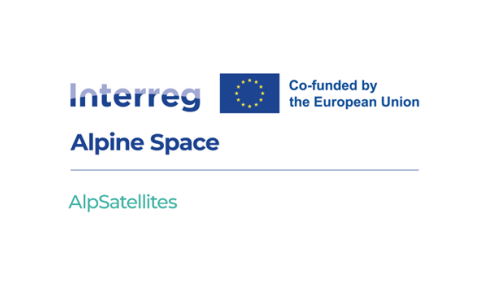AlpSatellites
AlpSatellites : Managing the transition to hybrid work and satellite offices to revitalize remote mountain areas (Programme de coopération transnational européenne Espace Alpin)
Europe
janvier 2021 - décembre 2027
Coordination

(English below)
AlpSatellites : Gérer la transition vers le télétravail et les bureaux satellites pour revitaliser les zones montagneuses reculées
Qu'est-ce qu'AlpSatellites ?
C'est un projet visant à favoriser l'installation de nouveaux résidents et de nomades numériques dans les zones rurales et de montagne en analysant les opportunités et les obstacles du télétravail et du co-working. AlpSatellites est conçu pour préparer le passage à des lieux de travail numériques et au télétravail dans les Alpes. Le projet veut explorer des solutions de télétravail et de co-working pour atténuer les tendances démographiques négatives en attirant de nouveaux résidents et en les aidant à s'installer.
Qui sont les autres partenaires du projet ?
Le partenariat est composé de six partenaires qui sont : l'Unité des Communes valdôtaines Evançon (Val d'Aoste - Italie), l'Association Culturelle, Sociale et Sportive du Queyras (France), la Municipalité de Gemeinde Doren en Autriche, et trois partenaires académiques (Université du Val d'Aoste, Aix-Marseille Université et FHV Université).
Comment travaillons-nous avec les autres partenaires d'AlpSatellites ?
Avec les autres partenaires, nous voulons explorer à la fois les possibilités et les limites du travail à distance.
L'Unité des Communes valdôtaines Evançon, le Pays du Grand Briançonnais, des Ecrins et du Guillestrois/Queyras et la Commune de Gemeinde Doren partagent un paysage rural/montagneux, une gestion attentive des écosystèmes et une forte identité culturelle. Au lieu de se contenter de réagir à des changements tels que ceux découlant de la pandémie de coronavirus, ces communautés veulent façonner ces changements en créant de nouvelles opportunités dans les domaines numérique, économique et social.
L'Université du Val d'Aoste, Aix-Marseille Université et FHV Université aideront les trois territoires cibles à réaliser ces objectifs en combinant la recherche scientifique et la co-création. Une analyse comparative du niveau de préparation des territoires cibles au télétravail est associée à une collaboration avec les acteurs locaux pour concevoir les meilleures solutions pour attirer et intégrer les travailleurs à distance.
La faisabilité, l'évolutivité et l'impact de ces solutions sont ensuite évalués dans le cadre d'une coopération transnationale.
Comment AlpSatellites contribue-t-il à des stratégies et politiques plus larges ?
Le projet contribuera à Eusalp en aidant les décideurs politiques et les communautés locales à améliorer les conditions du travail à distance comme moyen d'améliorer l'attractivité des territoires. AlpSatellites contribuera notamment au travail des groupes d'action 2, 3 et 5 sur le développement économique, le marché du travail et la connectivité dans les zones alpines.
AlpSatellites contribue également au Green Deal européen et à son objectif de neutralité climatique de l'UE d'ici à 2050. Pour atteindre cet objectif, il faut réduire de 90 % les émissions dues aux transports d'ici à 2050.
Le travail à distance peut réduire les émissions et accroître l'utilisation de moyens de transport légers et écologiques pour les courts déplacements.
AlpSatellites. Managing the transition to hybrid work and satellite offices to revitalize remote mountain areas
➡️ What is AlpSatellites?
It is a project aiming at fostering the settlement of new residents and digital nomads in the rural and mountain areas by analysing the opportunities and barriers of remote and co-working.
AlpSatellytes is designed to prepare a shift to digital workplaces and telecommuting in the Alps.
The project wants to explore remote and co-working solutions to mitigate negative demographic trends by attracting new residents and by supporting them in settling down.
➡️ Who are the other project partners?
The partnership consists of six partners that are: l’Unité des Communes valdôtaines Evançon (Valle d’Aosta – Italy), the Association Culturelle, Sociale et Sportive du Queyras (France), the Municipality of Gemeinde Doren in Austria, and three academic partners (University of Valle d’Aosta, Aix-Marseille University and FHV University).
➡️ How do we work with the other AlpSatellites’s partners?
With the other partners we want to explore both the opportunities and the boundaries of remote working.
The Unité des Communes valdôtaines Evançon, the Pays du Grand Briançonnais, des Ecrins and du Guillestrois/Queyras and the Municipality of Gemeinde Doren share a rural/mountain landscape, a careful management of ecosystems and a strong cultural identity. Instead of just reacting to changes like those arising from the Coronavirus pandemic, these communities want to shape those changes by creating new opportunities in the digital, economic, and social fields.
University of Valle d’Aosta, Aix-Marseille University and FHV University will help the three target territories to carry out these goals by combining scientific research with co-creation. A comparative analysis of the target territories’ level of readiness for telecommuting is combined with collaboration with local stakeholders in designing the best solutions to attract and integrate remote workers.
The feasibility, scalability and impact of these solutions are then assessed through transnational cooperation.
➡️ How does AlpSatellites contribute to wider strategies and policies?
The project will contribute to Eusalp by supporting policymakers and local communities in enhancing conditions for remote working as a way of improving the attractiveness of the territories. In particular, AlpSatellites will contribute to the work of the Action Groups 2, 3 and 5 on economic development, labour market, and connectivity in the Alpine Areas.
AlpSatellites contributes also to the European Green Deal and its target of making EU climate neutral by 2050. The achievement of this goal requires a cut 90% of emissions from transport by 2050.
Working remotely might reduce emissions and might increase the use of light and green means of transport for short trips.

